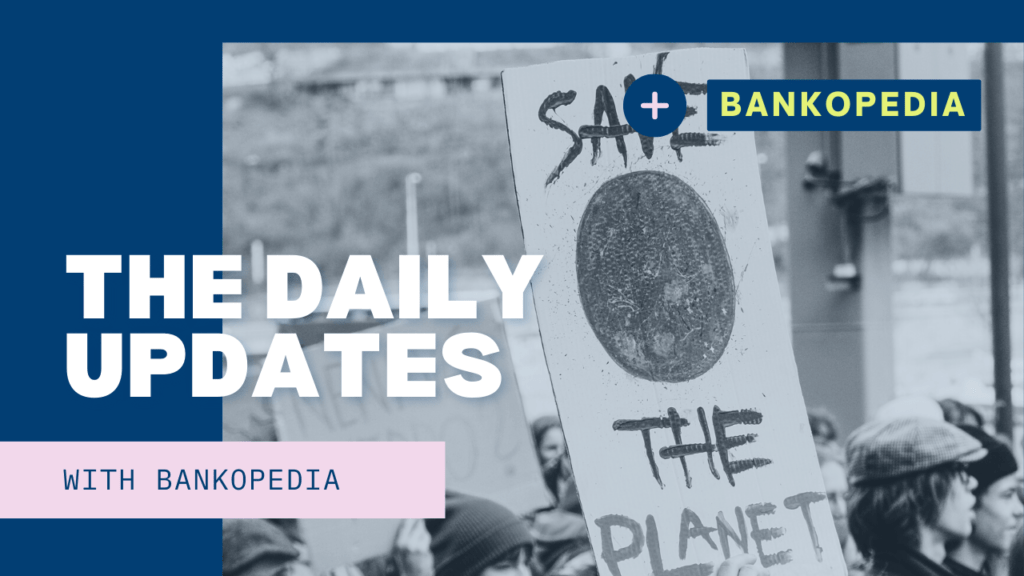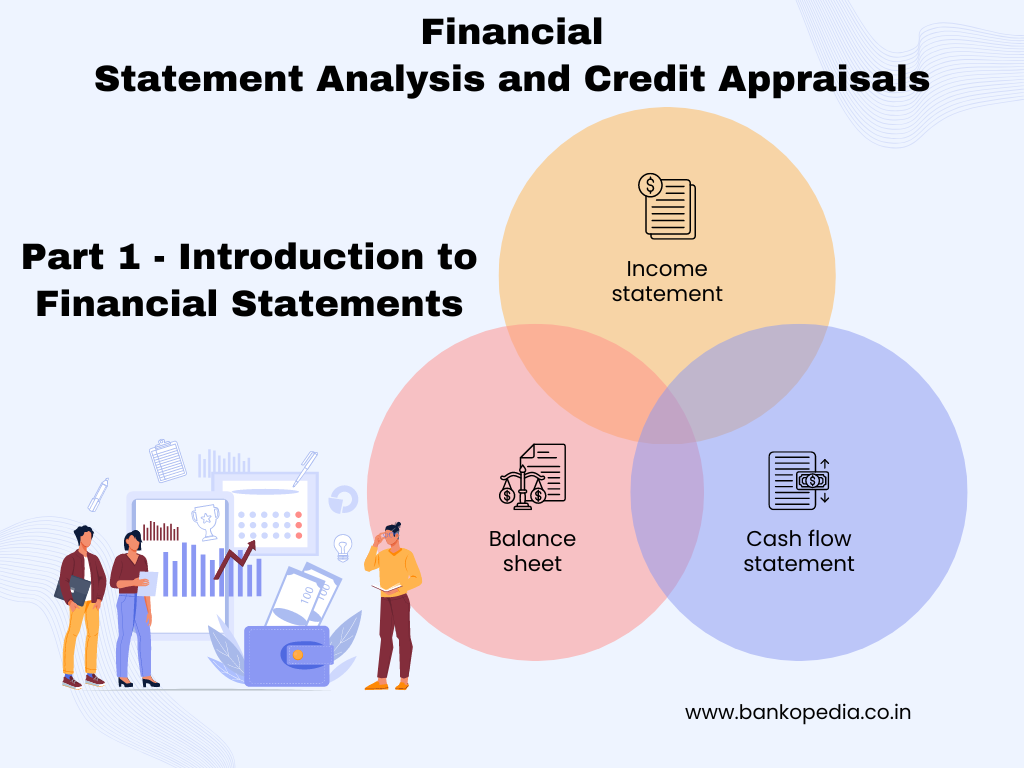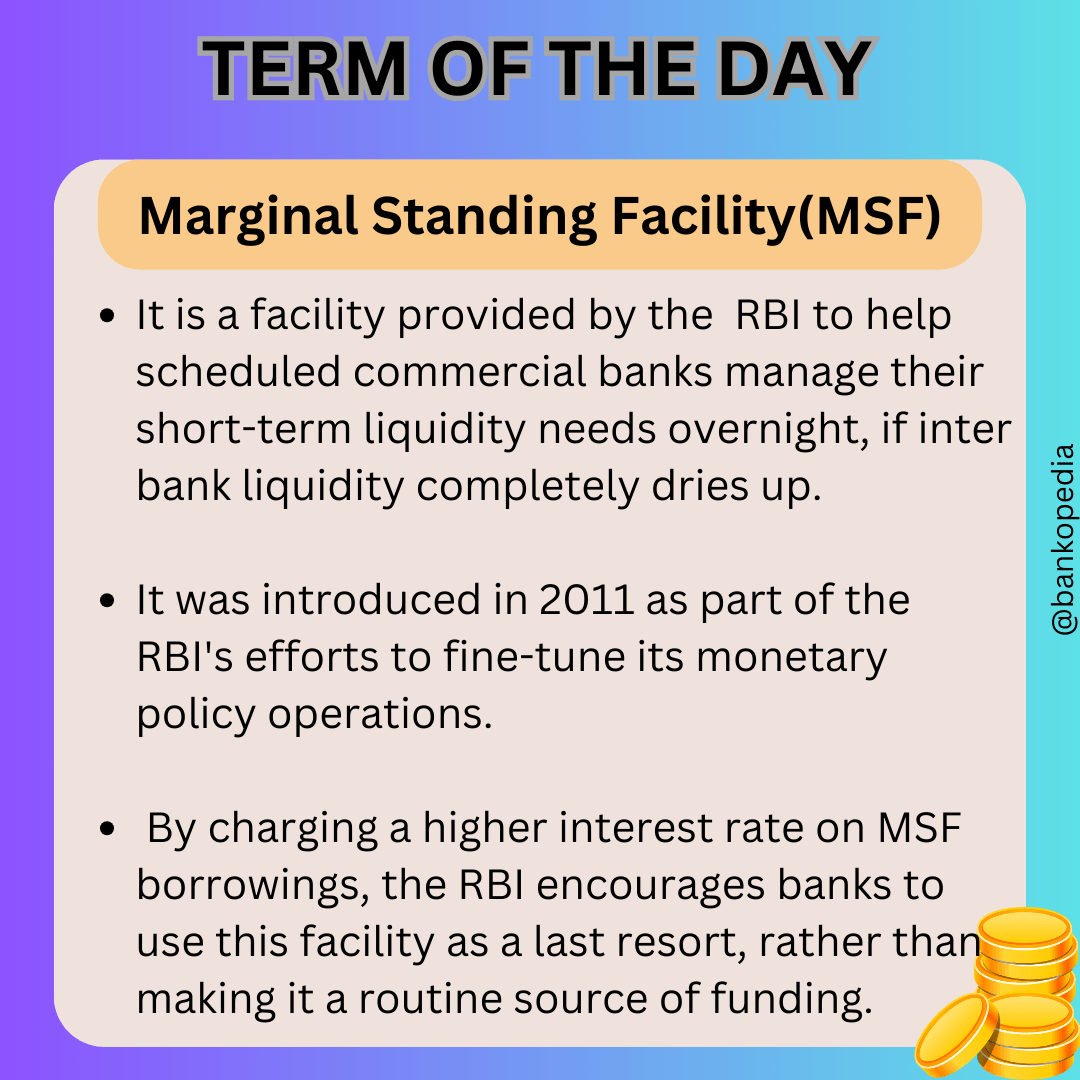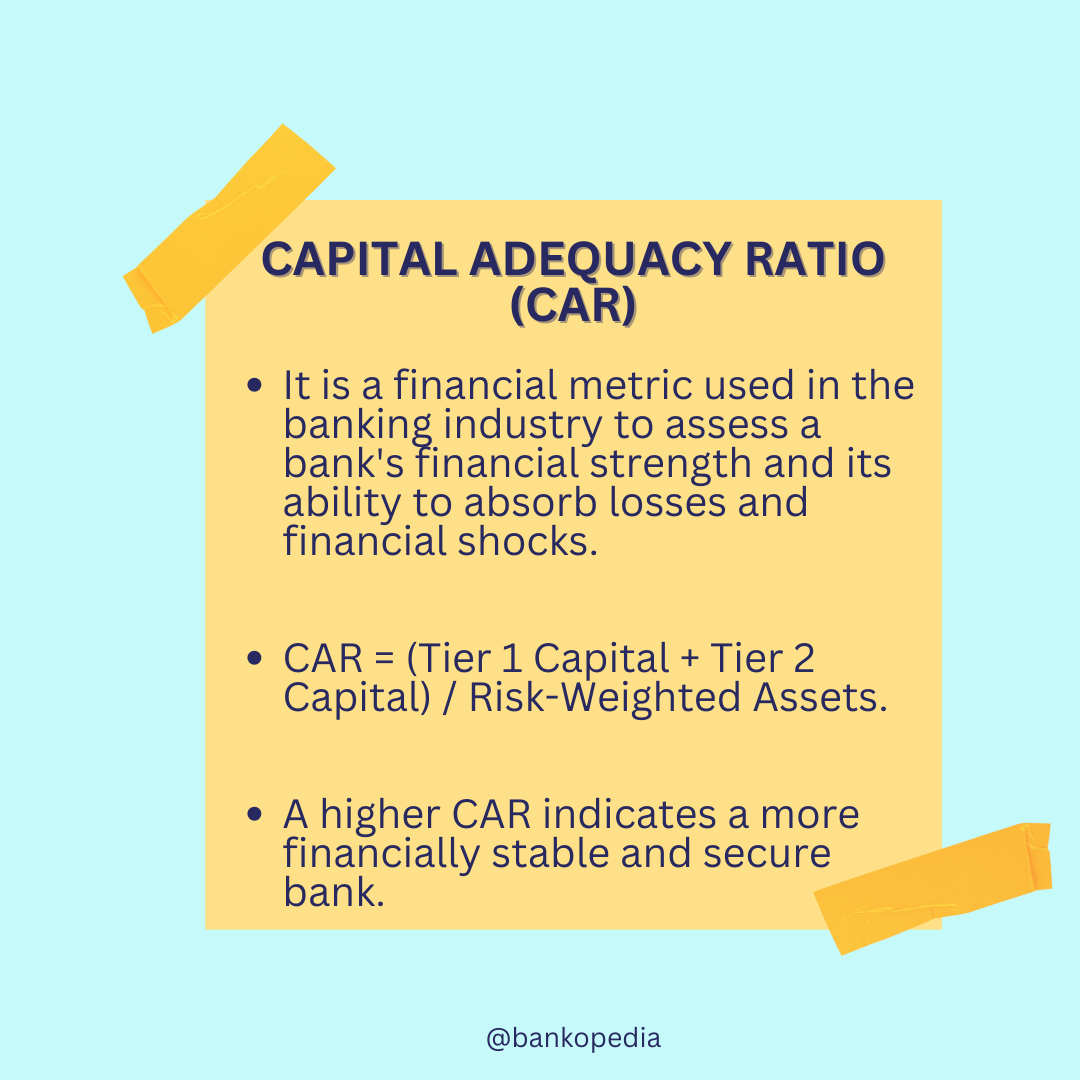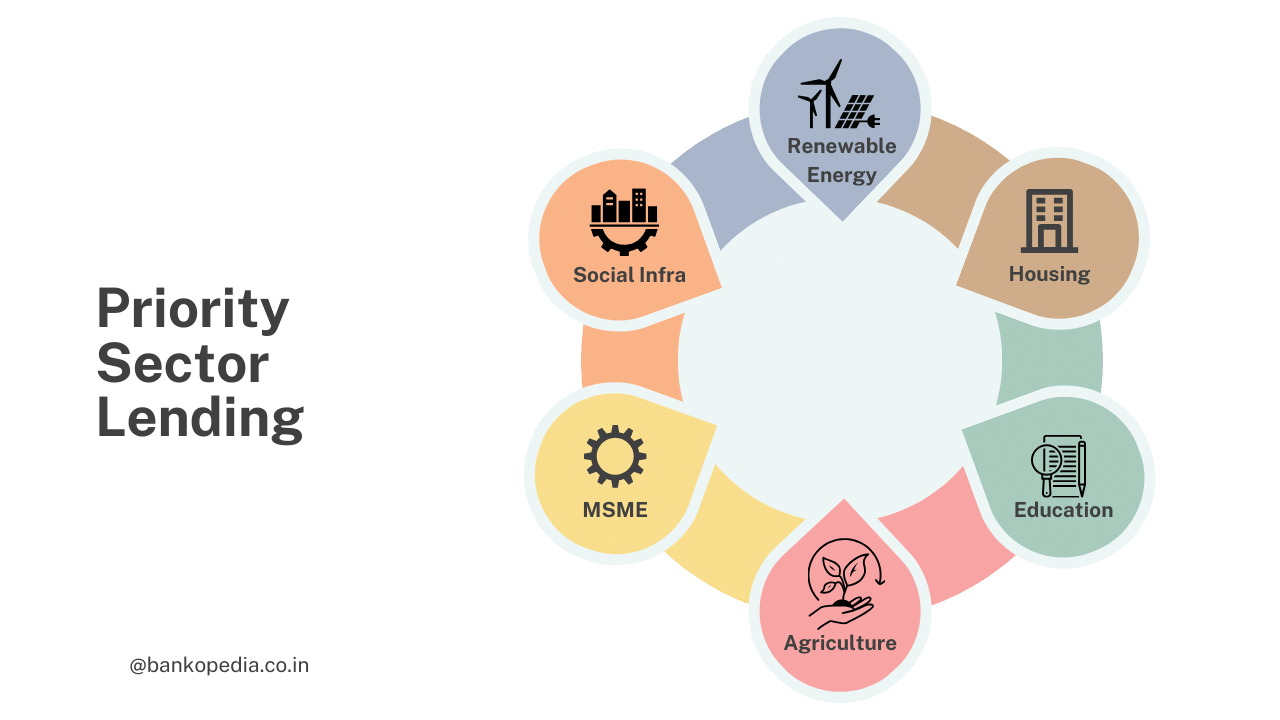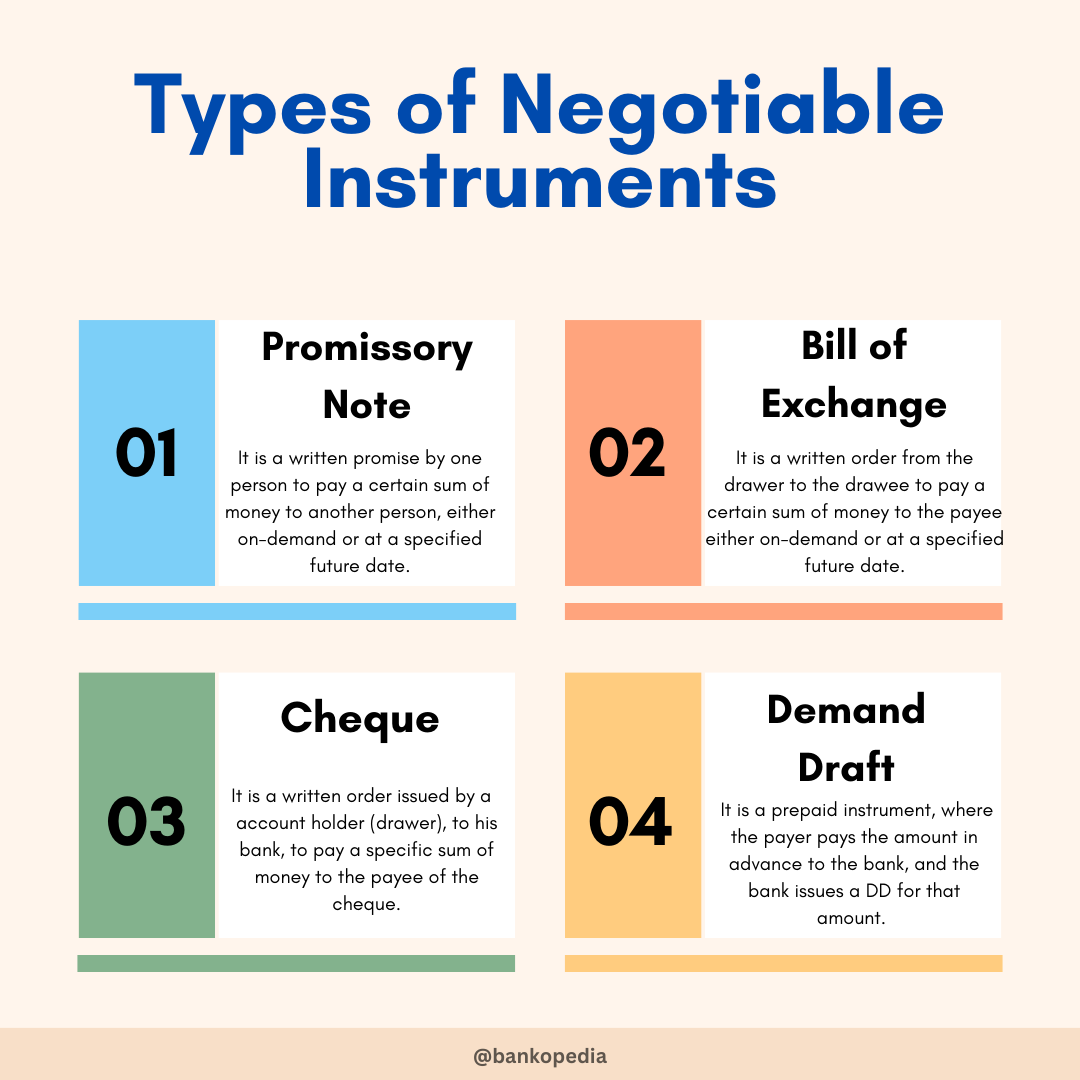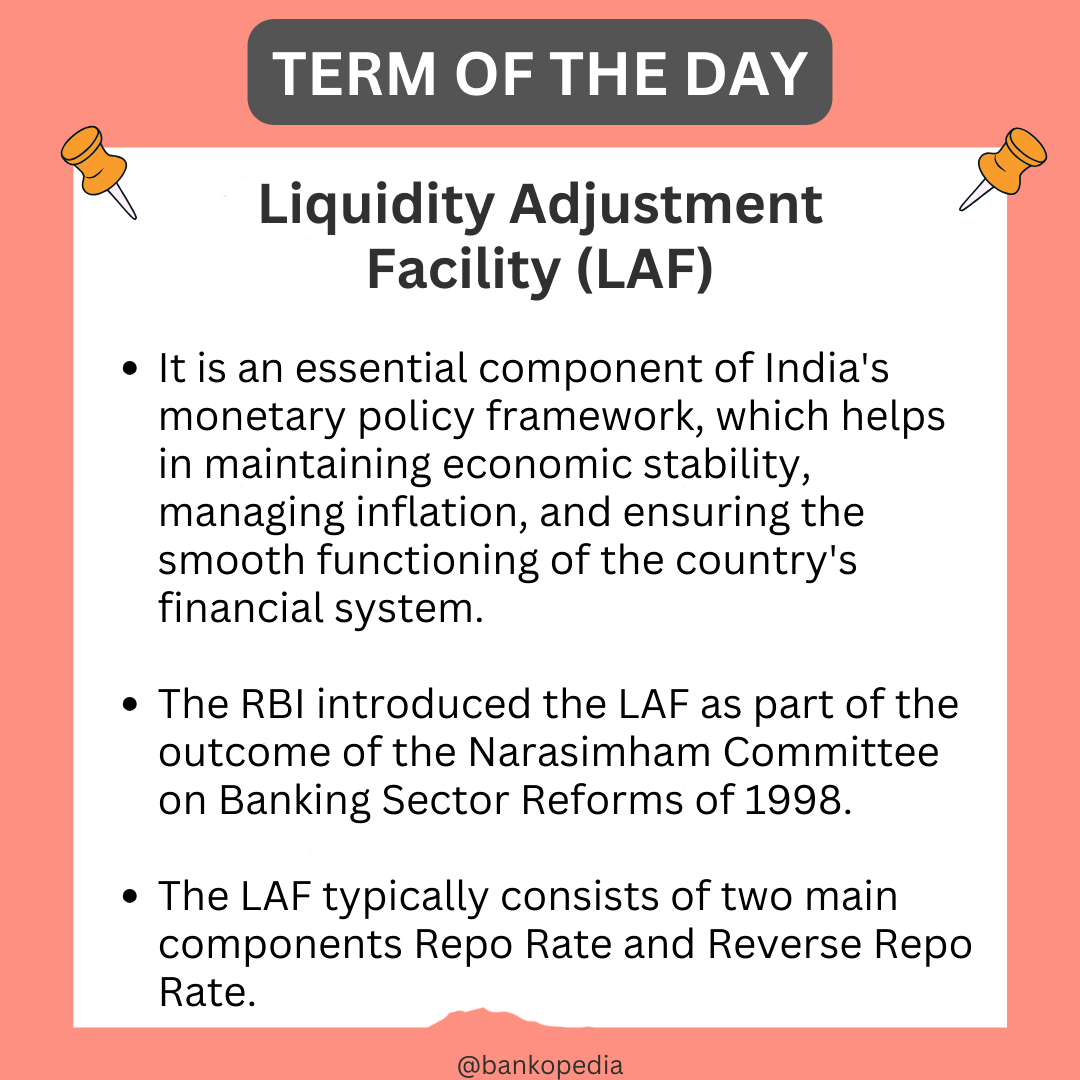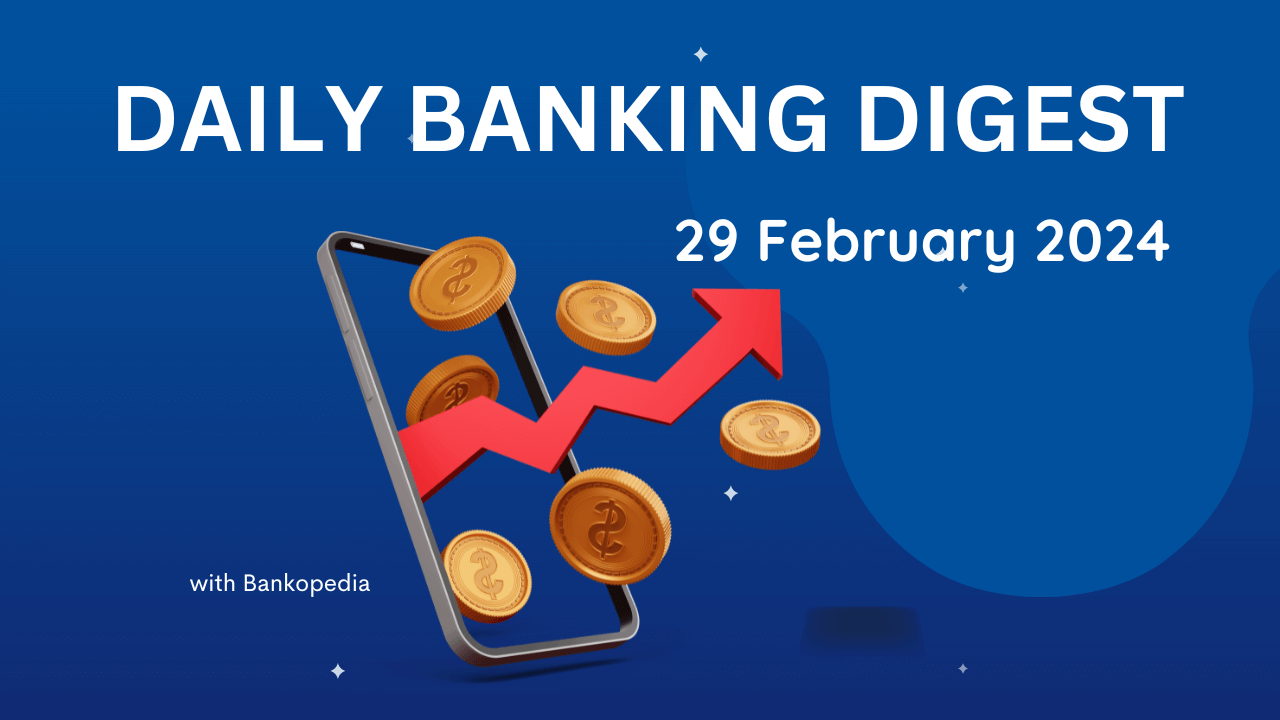Stay ahead of the curve with our comprehensive daily digest on current affairs in the economy and finance. Our expert analysis provides you with the latest updates on market trends, economic indicators, policy changes, and financial insights. Dive into today’s top stories on stock market movements, international trade developments, central bank announcements, and fiscal strategies. Whether you’re an investor, a professional, or simply interested in the economic world, our report equips you with the knowledge to make informed decisions. Explore key takeaways from corporate earnings reports, understand the impact of geopolitical events on the global economy, and get a snapshot of currency and commodities markets. Bookmark our page for daily financial wisdom and join a community of readers who demand more than just headlines.
Table of Contents
ITR-2 changes: Rich taxpayers will now have to give additional details.
Taxpayers who earn over ₹50 lakh or possess more than one property are required to provide extra information when submitting their income tax returns. The tax authorities are requesting specific details, such as the Legal Entity Identifier (LEI), donations to political entities, and deductions related to the care of dependents with disabilities. The LEI is a unique identifier within the global financial system, essential for refund credits over ₹50 crore.
The Central Board of Direct Taxes has announced the new ITR forms 2, 3, and 5 for the assessment year 2024-25, with additional information required in ITR-2. This form is for residents with multiple properties or earnings above ₹50 lakh. ITR-3 is designated for individual entrepreneurs or professionals. ITR-1 and ITR-6 have been released, while ITR-4 applies to residents, HUFs, and firms with incomes up to ₹50 lakh from business or professional sources.
Oil prices fall as US jobs data dents hope for near-term rate cuts.
Crude oil prices dropped roughly 2% on Friday, steering towards a 7% weekly decline, influenced by strong U.S. job growth which lessened expectations for interest rate cuts—a factor that can suppress oil demand. This economic indication, alongside persistent concerns about China’s slowing growth and easing tensions in the Middle East, contributed to the price fall.
The U.S. added more jobs than anticipated in January, strengthening the dollar and decreasing the likelihood of rate reductions by the Federal Reserve. Similarly, the European Central Bank indicated it’s premature for rate cuts. With these developments, high-interest rates are expected to remain, potentially impacting economic growth and demand for oil.
Moreover, IMF projections suggest China’s growth will slow to 4.6% in 2024, further weakening in the following years. In the geopolitical arena, a ceasefire proposal in the Middle East could alleviate regional tensions, affecting oil markets.
OPEC+ maintained its current output policy, with a decision due in March on whether to continue production cuts set for Q1. Additionally, a temporary shutdown at BP’s Indiana refinery due to a power outage put further downward pressure on prices, though operations were gradually resuming.
DGGI crackdown: ₹18,000 crore worth of GST evasion exposed, 1,700 fake ITC cases unearthed.
The Finance Ministry announced the detection of around ₹18,000 crore in GST evasion between April and December of the current fiscal year. The Directorate General of GST Intelligence (DGGI) has identified 1,700 fraudulent cases and arrested 98 individuals. These cases involve fake invoices and non-existent supply chains used to illicitly claim input tax credits. The DGGI is actively cracking down on these frauds, employing data analytics to expose and dismantle complex tax evasion networks.
PLI scheme to only give kickstart, ultimately competition will prevail: Piyush Goyal
Commerce and Industry Minister Piyush Goyal highlighted the Production-Linked Incentive (PLI) scheme as a foundational support for industries to enhance competitiveness. During a stakeholder meeting involving over 1,200 participants, he emphasized that these incentives are not to create dependency but to provide an initial boost. Goyal encouraged the industry to expand beyond India’s large domestic market to achieve scale and cost-effectiveness on a global level. The Department for Promotion of Industry and Internal Trade (DPIIT) Secretary urged the industry to focus on value addition to increase India’s manufacturing Gross Value Added (GVA), which is essential for the nation’s development and job creation. The PLI schemes, with a budget of ₹1.97 lakh crore across 14 sectors, aim to make Indian companies globally competitive and attract investments. As of the meeting, 746 applications had been approved, with a disbursal target of ₹11,000 crore by the fiscal end.
Gujarat’s subsidy burden to rise to ₹31,330 crore in 2024-25
The Gujarat government’s subsidy allocation is expected to rise by 11% to ₹31,330 crore for the fiscal year 2024-25, marking a significant increase from the ₹5,745 crore in 2011-12. The largest portion of these subsidies goes to the agricultural sector, particularly for power. The state’s subsidy strategy includes social security support, such as pensions and scholarships, and incentives to encourage investment, like tax and duty reliefs. The government is also adjusting port charges annually based on the Wholesale Price Index and has increased bus fares to manage public transport subsidies. Despite these efforts, economic analysis indicates that while poverty has reduced and consumption equality has improved in Gujarat, the rate of poverty reduction lags behind other states, with a notable rise in poverty during the pandemic year of 2021-22.
Govt slashes windfall tax on crude petroleum
In New Delhi, the government has raised the windfall tax on locally produced crude oil to ₹3,200 per tonne, up from ₹1,700, starting Saturday. This tax is collected as Special Additional Excise Duty (SAED). The SAED on exports of diesel, petrol, and aviation turbine fuel (ATF) remains unchanged at zero. These adjustments, effective from February 3, are part of a policy initiated on July 1, 2022, where India, like many countries, began taxing extraordinary profits of energy firms. The windfall tax rates are reassessed biweekly, reflecting the preceding two weeks’ oil price averages
NABARD projects 16 percent jump in priority sector lending potential in West Bengal at ₹ 3.15 lakh crore in FY25
NABARD anticipates a significant increase in lending to key sectors in West Bengal, expecting to reach ₹3.15 lakh crore by 2024-25, a 16% rise from ₹2.70 lakh crore. This projection was announced by Usha Ramesh, the bank’s Chief General Manager, at an event with state officials. A sizeable portion of the growth is credited to the state’s robust MSME sector. The MSMEs are likely to constitute nearly half of the credit expansion, with agriculture following at over a third. Despite a target of ₹1.45 lakh crore set for MSME lending, only 61% has been met by September 2023, while agricultural lending is lagging at 34.21%. Ramesh emphasized collaboration among stakeholders, the increasing influence of farmers’ producer organizations, and enhancing the capacity of cooperative and regional rural banks, alongside the state government’s initiative to offer land for expanding rural banking services.
Repeated flouting of RBI warnings may cost Paytm its payments bank license
The Reserve Bank of India (RBI) is considering revoking Paytm Payments Bank’s license due to non-compliance with regulatory warnings. The bank has until March 15 to wind down its operations, with the license cancellation expected by April 1, 2024. Industry sources note that despite multiple opportunities for rectification, Paytm’s serious lapses continue. Paytm Payments Bank, which began in 2017, has faced restrictions since 2018 but continued to flout norms, such as KYC and IT segregation, leading to a ban on acquiring new customers in 2022 and a recent fine. With its banking services already suspended, Paytm is seeking alternatives for its lending operations. The RBI is working to minimize disruption for Paytm’s merchants and customers by facilitating transitions to other banks.
RBI’s Do’s and Don’ts: guide to safeguard against KYC fraud threats
The RBI has reissued a warning to the public in light of increased fraudulent schemes that mimic KYC update requests. Fraudsters have been tricking customers into disclosing private details via unsolicited calls, texts, or emails. The central bank advises customers to validate their KYC details directly with banks and to only use customer care numbers from official bank websites. It’s critical not to share sensitive information like login details, card data, OTPs, or KYC documents with anyone. Individuals should avoid clicking on unknown links and report any cyber fraud to their banks or through the National Cyber Crime Reporting Portal. The RBI underscores the need for public alertness to prevent financial losses from such scams.
Sundaram Home plans branch network ramp-up to boost new businesses’ growth
Sundaram Home Finance is set to intensify its focus on new business areas, planning to open 40 new branches dedicated to home finance, small business loans, and affordable housing. Presently, the company operates 135 branches across the Southern states and regions like Madhya Pradesh, Rajasthan, Maharashtra, and Gujarat. It has experienced robust demand, particularly in smaller towns, spurred by infrastructure and housing development, and expects this trend to continue. The Managing Director, Lakshminarayanan Duraiswamy, notes the growth in their small business loan segment since its inception in October 2022. With significant growth in net profits and disbursements in the recent fiscal quarters, Sundaram Home Finance aims to capitalize on opportunities in smaller cities and towns, having added over 500 employees to its workforce this fiscal year.
SBI’s Q3FY24 net profit drops 35.5% due to one-time provisions
The State Bank of India (SBI) has seen a decline in net profit for the first time in three years during its third fiscal quarter, falling by 35.5% to ₹9,164 crore due to unique provisions for pension liabilities and dearness relief. Although the bank’s net interest income increased slightly, other income remained stable. Provisions dropped significantly, aiding the bottom line despite a decrease in the capital adequacy ratio. The bank experienced strong credit growth with a large loan pipeline, and deposits grew steadily. Asset quality improved, with a slight increase in fresh slippages. SBI’s Chairman Khara mentioned that the bank has maintained a healthy liquidity position and is considering raising equity capital if necessary.
Income tax slab changes: FM Sitharaman vows to listen to demands of all income groups in full budget
India’s Finance Minister Nirmala Sitharaman has suggested potential tax relief across all income brackets in the upcoming full budget, set to be unveiled after the 2024 general elections. The interim budget, presented earlier, was conservative, with Sitharaman stating that significant policies on tax, unemployment, and jobs will be announced in July. Emphasizing transparency and long-term planning as guided by Prime Minister Narendra Modi, she indicated that another budget might be presented later in the year. The government has maintained a focus on fiscal prudence, aiming to reduce the fiscal deficit while boosting capital expenditure to stimulate economic growth. Initiatives in the interim budget targeted housing, healthcare, and sustainable energy, with a special emphasis on empowering women, youth, and farmers towards comprehensive development.
India aims to collect up to Rs 14,000 crore from online gambling tax in FY25
India anticipates generating up to ₹14,000 crore ($1.7 billion) from the goods and services tax (GST) in the next fiscal year by taxing online gambling, according to Revenue Secretary Sanjay Malhotra. This follows a move in October where the government levied a 28% GST on the amounts online gaming companies charge per bet. The sector, valued at $1.5 billion and supported by international investors, saw a rise in tax revenue from ₹16 billion last year to an expected ₹75 billion by the end of this fiscal year. While a review of the taxation framework for these companies is due by April, changes in tax rates are not guaranteed. With current GST collections averaging ₹1.7 trillion monthly, the government projects an increase to ₹1.80 to ₹1.85 trillion each month for the upcoming fiscal year.
Borrowing costs ease sharply in the banking system
In Mumbai, there was a significant decrease in the banking system’s borrowing costs on Friday, which resembled the effects of a rate cut by the Reserve Bank of India (RBI). This drop was due to the rates for overnight funding, a common banking instrument, falling well below the RBI’s policy repo rate. This reduction in rates was facilitated by the RBI’s injection of short-term liquidity and a resurgence in government spending. The RBI seems to be easing its strict control on banking system funds, allowing for lower borrowing costs. Since August, a liquidity deficit has inflated borrowing costs, but on Friday, the rate for tri-party repos was at 6.32%, 20 basis points beneath the RBI’s rate. The RBI appears to be softening its stance on liquidity, opting to mitigate large deficits and conduct variable rate repo auctions, indicating a strategic shift in its liquidity management.
Indian economy to grow at 6.7% between fiscals 2024 to 2031: CRISIL
According to CRISIL’s latest report, India’s economy is projected to grow at an average of 6.7% annually from the financial year 2024 to 2031, slightly higher than the pre-pandemic average of 6.6%. Government-led capital investment is the primary driver, especially when private-sector investment is lagging. With increased capital expenditure and interest-free loans to states, the government aims to encourage investment. Although a strong 7.3% growth is expected this fiscal year, a modest slowdown to 6.4% is forecasted for the following year. Inflation concerns, especially in the food sector, keep the Reserve Bank of India vigilant, aiming for a 4% inflation target. The report also addresses the potential impacts of Middle East conflicts on costs and the uncertainty over the US Federal Reserve’s rate cuts.
Govt aims to collect $1.7 billion revenue from online gambling tax in FY25
India is projected to garner up to ₹14,000 crore ($1.7 billion) from goods and services tax (GST) in the upcoming fiscal year by levying taxes on online gambling companies, as stated by Revenue Secretary Sanjay Malhotra. Following the implementation of a 28% tax on betting transactions by online gaming companies in October, the industry, valued at $1.5 billion, is expected to contribute significantly to tax revenues. This fiscal year, the tax is expected to bring in ₹7,500 crore, with ₹3,500 crore already collected in the last quarter. While a review of the tax framework for these companies is planned by April, there may not necessarily be changes to the tax rates. Overall GST collections are averaging ₹1.7 trillion monthly, with an expected increase in average monthly collections to between ₹1.80 trillion and ₹1.85 trillion in the next fiscal year.
